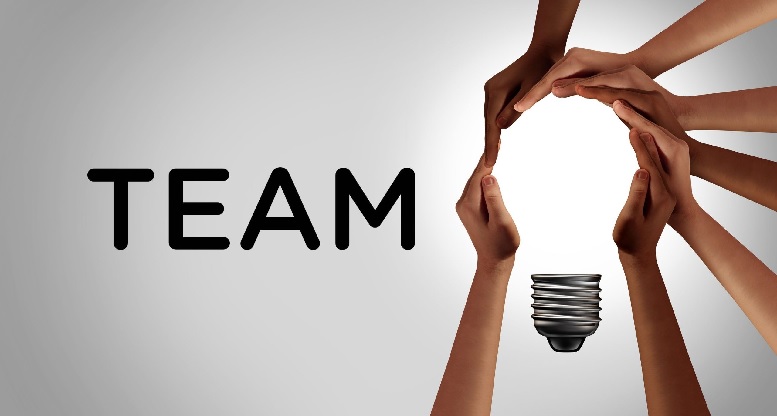Have you experienced seeing a really smart colleague promoted to a leader only to fail because of an inability to connect with people, lack of empathy and struggles with listening skills?
Compare this to an individual with good (not excellent) technical skills and exceptional Emotional Intelligence to soar in their new role.
People with emotional intelligence are able to quickly build rapport and connect with others. They have the self-awareness to know how they’re going to respond in certain situations and can self-manage to direct their behavior positively. They can disagree without being disrespectful. They have empathy.
But what exactly is emotional intelligence?
Emotional Intelligence, as defined by expert psychologist Dr. Daniel Goleman, is the capacity for:
- Being able to identify and acknowledge your feelings
- Regulating your emotions
- Self-motivation
- Understanding and identifying the emotions of others
- Navigating relationships with consideration of others’ feelings
Cultivating emotional intelligence can greatly enhance your ability to understand and manage your own emotions, as well as effectively navigate social interactions.
Here are some tips to help you develop and cultivate emotional intelligence:
- Increase self-awareness: Pay attention to your own emotions, thoughts, and reactions. Reflect on what triggers certain emotions and how they impact your behavior. This self-awareness is the foundation of emotional intelligence.
- Practice empathy: Put yourself in your employees shoes and try to understand their perspectives and emotions. Actively listen to them, show genuine interest, and validate their feelings. Empathy allows for better understanding and connection with others.
- Develop emotional regulation: Learn to manage and regulate your emotions effectively. This involves recognizing and understanding your emotions, as well as finding healthy ways to express and cope with them. Techniques such as deep breathing, mindfulness, and self-reflection can be helpful.
- Improve communication skills: Effective communication is essential for emotional intelligence. Practice active listening, ask clarifying questions, and express your thoughts and emotions clearly and respectfully. Pay attention to non-verbal cues and adapt your communication style to different individuals and situations.
- Enhance social awareness: Pay attention to the emotions and needs of your employees in situations. Observe non-verbal cues, listen actively, and be aware of the dynamics at play. This awareness allows you to respond appropriately and support others effectively.
- Develop relationship management skills: Build and maintain positive relationships by cultivating trust, effective communication, and mutual understanding. Be open to feedback and work on resolving conflicts in a constructive and respectful manner. Foster collaboration and create a supportive environment.
- Practice emotional resilience: Develop the ability to bounce back from setbacks and adversity. Cultivate a positive mindset, practice self-care, and seek support when needed. Resilience enables you to navigate challenges and maintain emotional well-being.
- Continuous learning and reflection: Emotional intelligence is a lifelong journey. Continuously seek opportunities to learn, reflect, and grow. Read books, attend workshops, and engage in activities that promote self-awareness and emotional intelligence.
Remember, developing emotional intelligence takes time and practice. Be patient with yourself and celebrate small victories along the way.
Till the next time, keep it real.
Karen









